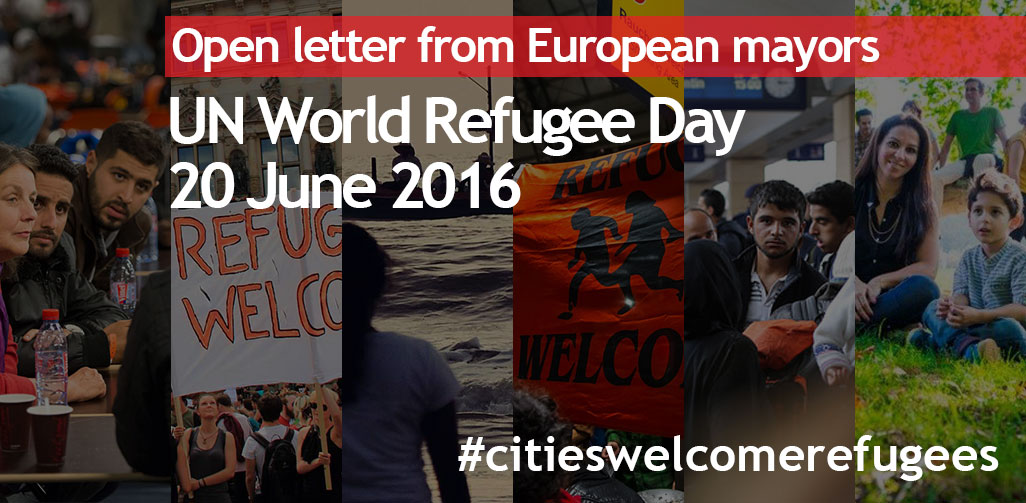
The largest flow of refugees in Europe since the Second World War has arrived on the doorsteps of European cities over the last 11 weeks. While cities have responded with remarkable solidarity in welcoming newcomers, the sudden arrival of millions of refugees from Ukraine is putting additional pressure on local services already under stress.
Coming hot-on-the-heels of planning for the post-pandemic recovery, a statement shared by the Eurocities network stresses that, despite EU moves to make existing funds more flexible, the situation in cities is urgent and unprecedented, and requires bolder steps with additional EU funding.
In the statement, ‘Caring Cities: Acting in solidarity with all refugees’, Eurocities draws on evidence shared by cities, especially those closest to the Ukrainian border that have received the greatest numbers of refugees, to call the EU and member states to action:
- Cities urgently need EU and national funding to reinforce local social services and to coordinate the response of civil society in welcoming refugees. Cities welcome the decision by the European Commission and the Council to add more flexibility to already existing funds to support local reception and integration structures. This, however, is not enough. Cities need European and national authorities to provide additional emergency funding and guarantee that it is accessible in an immediate, direct and easy way to cities to enable them to face this monumental challenge.Cities must be closely involved in the EU and national responses to receiving refugees from Ukraine. Cities are eager to step up our contributions to the European and national governments by providing knowledge and practical experience in the reception and facilitating the exchange of information and know-how between cities.Finally, cities call for non-discriminatory, equal access to rights and protection for all refugees in Europe. At the same time as helping refugees from Ukraine, cities need to ensure that all refugees, regardless of their origins and identity, no matter the colour of their skin, their gender, sexual orientation or religion, are receiving the same right to protection. International and EU law that guarantees equal access to rights and to protection in Europe for all refugees and people in need of protection must be upheld and applied fairly.
Now is the time to put our European values into action and work together to reinforce our actions of solidarity and support with Ukraine.
Read the full statement here.

In May 2015 EUROCITIES published a statement on the important role European cities play in receiving and integrating asylum seekers, refugees and other beneficiaries of international protection. The statement on cities and asylum stresses the responsibility of ‘all cities to ensure that asylum seekers settle in well for the duration of their stay, however short or long’.

European cities located in arrival, transit and destination countries are experiencing the social, humanitarian and financial challenges of the current asylum crisis. On 13 May, we published our political statement on asylum. Our statement was developed by our working group migration and integration with input from all social affairs forum working groups. We stress the important role European cities play in receiving and integrating asylum seekers, refugees and other beneficiaries of protection. We call for a comprehensive EU migration policy that recognises the challenges faced by cities and local level solutions.

The number of asylum seekers in Europe is rising due to armed conflicts and political instability mainly in the Middle East and Africa. While the overwhelming majority of forcedly displaced persons seek asylum in countries bordering conflict zones, more and more people are exercising their right to seek international protection and to reach Europe. The increased securitisation of the European external borders has made it harder for refugees to seek protection through legal and safe routes. This has resulted in an increased number of refugees risking and losing their lives in their efforts to reach Europe. The trend of people seeking asylum protection in Europe cannot solely be considered an emergency situation but needs to be addressed as a structural issue requiring structural and effective measures that take human rights into consideration.


